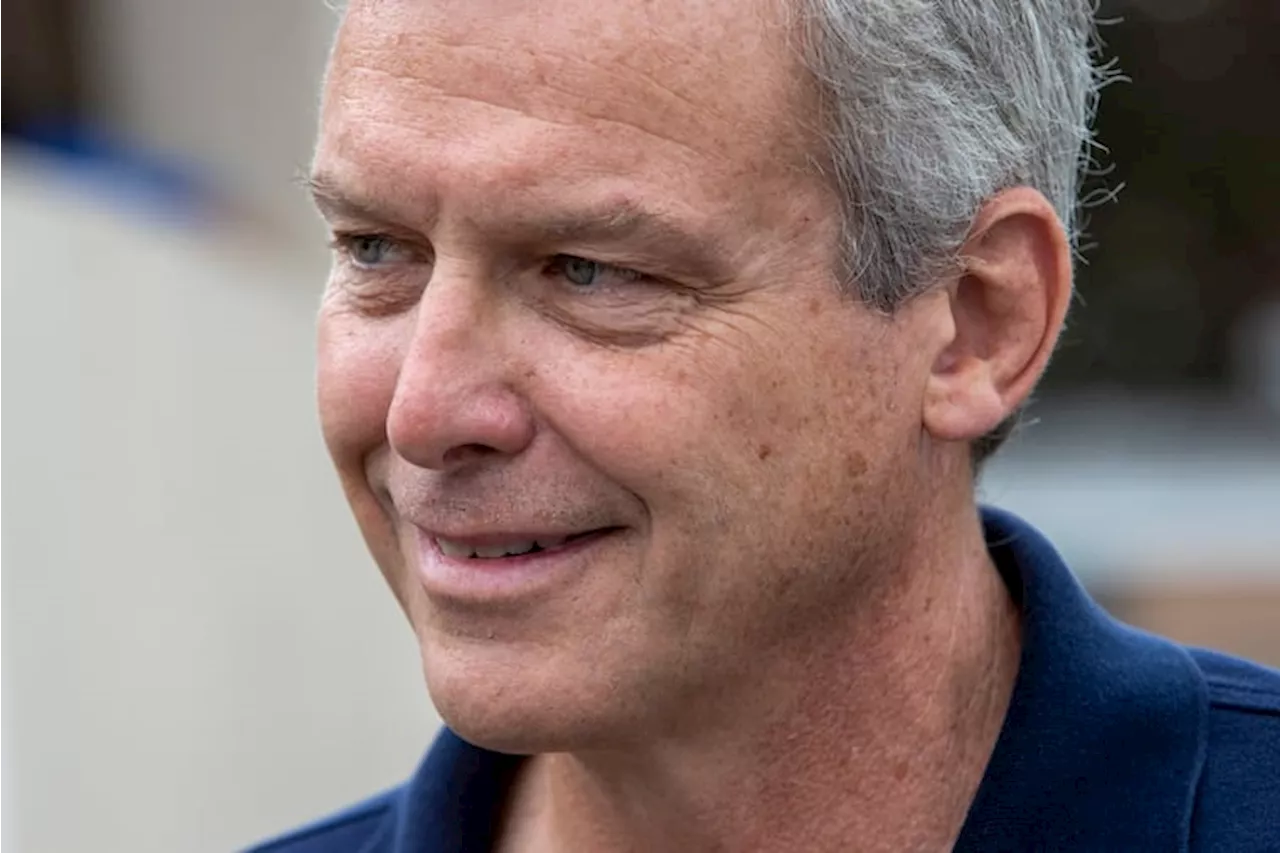Lawrence Arata, the head of the Opioid Crisis Action Network (OCAN), has been charged with serious offenses, including trafficking in individuals and patronizing prostitutes, for allegedly exploiting vulnerable women seeking help for addiction. Prosecutors announced the charges on Tuesday, detailing how Arata, 65, used his position to initiate sexual relationships with women he met through his nonprofit organization.
According to Delaware County District Attorney Jack Stollsteimer, Arata’s actions represented a “cynical and cruel” misuse of opioid settlement funds intended to support recovery efforts. Arata reportedly approached women in recovery, engaging in sexual acts in exchange for cash or gift cards.
One victim described the relationship as transactional, stating, “He had what I needed, and I had what he needed.” This sentiment underscores the power dynamics at play, as many women were left vulnerable due to their circumstances.
The investigation into Arata’s conduct began in August 2023, when a former program director at OCAN provided a statement to the Upper Darby police. The director expressed concerns about Arata’s inappropriate behavior, including unwanted physical contact and coercive advances towards clients. Some women reportedly left the program due to discomfort stemming from his actions.
In one instance, a woman disclosed that during a group meeting in early 2024, Arata approached her after she expressed a need for a coat. She performed oral sex on him in exchange for gift cards, illustrating the desperate circumstances many women faced. She recounted feeling unable to refuse his advances due to her reliance on the resources provided by OCAN to survive.
Arata’s exploitation extended beyond clients. A therapist employed by OCAN reported that he made unsolicited comments about her appearance and attempted to kiss her. Following the emergence of allegations, he allegedly confronted the therapist, accusing her of making false statements and pressuring her to retract her claims.
The charges against Arata also include witness intimidation, as he allegedly attempted to coerce some victims into changing their statements to law enforcement. He was released after posting 10 percent of his $500,000 bail, and there is currently no indication that he has retained legal counsel.
In a statement regarding the charges, Stollsteimer praised the bravery of the victims who came forward, stating, “We heard you, and we support you.” He urged others who may have been victimized by Arata to reach out to his office.
Arata’s nonprofit was established in response to the tragic death of his son from a heroin overdose in 2017. In interviews, he expressed a commitment to raising awareness about the lack of resources for individuals struggling with addiction, framing his involvement in recovery efforts as a means to cope with his grief.
As this case unfolds, it raises critical questions about the responsibilities held by nonprofit leaders and the potential for exploitation within vulnerable populations. The allegations against Arata serve as a stark reminder of the need for vigilance in safeguarding the integrity of organizations dedicated to recovery and support.
Authorities continue to investigate, and the community remains on alert for any additional victims who may come forward as more details emerge.
